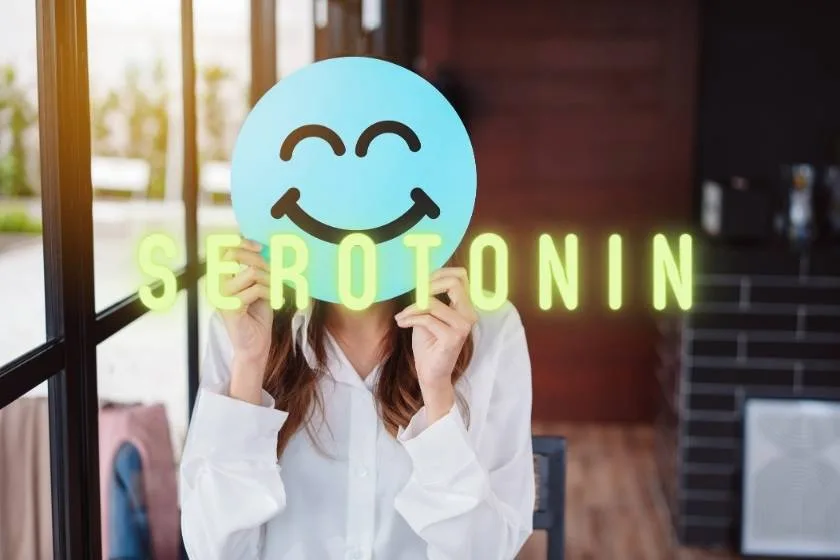Serotonin is a neurotransmitter in the central nervous system and has many important functions in the body. Serotonin regulates communication between nerve cells in the brain and influences mood, sleep patterns, appetite and social behaviour. Serotonin, also known as the happiness hormone, fulfils many important functions in the body.
The Role of Serotonin in the Body
Serotonin is a hormone with many different roles. Firstly, it regulates communication in nerve cells. Serotonin facilitates communication when passing from one nerve cell to another and thus ensures the flow of information in the brain. Serotonin is also found in the intestines and helps regulate the digestive system.
Serotonin also regulates blood pressure by causing blood vessels to constrict. This helps the body to control blood pressure and regulate the circulatory system. Furthermore, serotonin influences many other important functions, such as immune system functions, bone health and skin cell regeneration.
The Effect of Serotonin on Mood
Serotonin has a great influence on mood. Low levels of serotonin have been associated with depression, anxiety and other emotional disorders. When serotonin levels are low, a person may feel unhappy, anxious and restless.
Serotonin regulates mood by regulating nerve cells in the brain and binding to serotonin receptors that control emotional responses. Therefore, balanced serotonin levels are crucial for maintaining emotional health.
Serotonin and Mental Health
Serotonin has an important effect on mental health. Balanced serotonin levels can reduce the risk of depression, anxiety, obsessive-compulsive disorder, panic disorder and other mental disorders. Therefore, increasing and regulating serotonin levels is important for improving mental health.
Serotonin and Happiness
Serotonin is often called the “happiness hormone” because it has many functions associated with happiness. Serotonin regulates mood, reduces stress and regulates sleep patterns. Therefore, when serotonin levels increase, a person may feel happier, calmer and more peaceful.
What are the Symptoms of Serotonin Deficiency?
Serotonin deficiency can cause many different signs and symptoms. These symptoms include depression, anxiety, sleep disturbances, appetite changes, restlessness, irritability, concentration problems and headaches. People with serotonin deficiency often feel unhappy, anxious and restless.
Increasing Serotonin Levels Naturally
There are many natural methods to increase serotonin levels. Firstly, it is important to pay attention to your diet. Certain foods can increase serotonin production. For example, foods such as bananas, avocados, walnuts, turkey meat, milk and cheese can increase serotonin levels. In addition, exercising, exposure to sunlight and paying attention to sleep patterns can also increase serotonin levels.
Serotonin Supplements and Medicines
Supplements and medications can also be used to increase serotonin levels. In particular, serotonin reuptake inhibitors (SSRIs) can relieve symptoms of depression and anxiety by increasing serotonin levels. However, it is important to consult a specialist before using serotonin supplements and medications.
Serotonin is a hormone with many important functions in the body. It affects many factors such as mood, sleep patterns, appetite and social behaviour. Balanced serotonin levels are important for maintaining mental health and happiness. Serotonin levels can be increased by various methods such as nutrition, lifestyle changes and supplements. However, it is important to consult a specialist before using serotonin supplements or medication.

